When
to
Tuesday, June 27, 2023 - 15:30 BST
Where
Online
United Kingdom
About the Event
.
Register here
Please complete the registration form here to secure your place.
Summary
How research is communicated should be of the greatest importance to academics, their organisations, funders, journals and the media organisation. Ultimately it should be of the highest importance to policy makers and society. Yet, in a world where research is increasingly published Open Access there is still a failure to include all of the relevant pieces of information, such as links to the research paper, especially on a local level.
Those working in the publishing, media communications, library and journalism sectors share common ground and would benefit from a greater understanding of how they could benefit by their greater collaboration. Librarians and journalists both work to analyse and deliver factual information, yet that is undermined by missing out key elements that can underpin a news story, such as an article or funder link.
Academics looking to capture pathways to impact miss out on evidence if there is no audit trail relating to the coverage due to the lack of proper media coverage. Whilst Altmetrics can help this, it often fails to pick up mentions, due to the aforementioned problems. The lack of substantial evidence within a news story has the potential to generate fake or poorly reported news, which can have a damaging impact on research communication. It is much harder for a journalist to apply bias or cherry pick a piece of research if they have to cite a freely available research article or lay summary.
Who should attend?
This seminar is aimed at journalists, librarians, publishers and communications professionals in universities and publishing.
Attendee Information
The webinar tool we use is Go to Webinar. To test your system ahead of time visit https://support.goto.com/webinar/system-check-attendee
Accessibility
UKSG wants to provide the best possible experience for all our delegates, making presentations as accessible and inclusive as possible.
Our intention were possible is to strongly encourage our speakers to provide auto generated closed captioning for both live and recorded events as well as to make sure their slides are as easy as possible for all people to read. In addition we can provide auto generated transcripts post event for each of the recorded sessions.
If you have particular accessibility needs or questions about this seminar/webinar, we encourage you to contact events@uksg.org to discuss further.
Programme
| Time |
Programme and Speakers
Programme
Speakers
|
|---|---|
|
10:00
|
Welcome and IntroductionNote all times are BST.
Andrew Tattersall
University of Sheffield
|
|
10:10
|
Keynote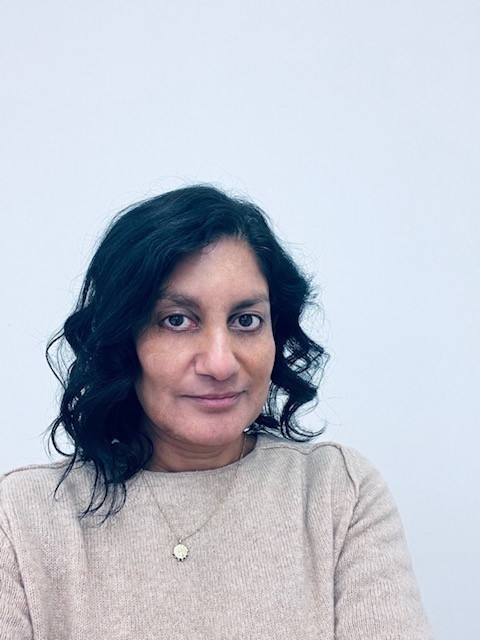
Nita Pillai
Sense about Science
Nita has over 10 years experience working for a range of non-profit organisations working across policy and research. Nita was previously at the World Federation of Societies of Anaesthesiologists (WFSA) where she oversaw their portfolio of projects focused around training and upskilling anaesthesia providers in low and middle income countries. Prior to that, at the Fairtrade Foundation, Nita led the policy and research team before developing the organisation’s work on the impact assessment and evaluation of Fairtrade projects. She has extensive experience of working on complex global projects and programmes and working with, and coordinating diverse teams. Nita has also worked at Consumers International, the Overseas Development Institute and ActionAid. Nita also has a PhD in Microbiology and a Masters in Public Health Nutrition from the London School of Hygiene and Tropical Medicine. |
|
10:50
|
AI: the end of publishing as we know it or a Brave New WorldSince ChatGPT was unleashed in late 2022 it has taken the academic world by storm, causing concern about the impact it will have on teaching and research. But some of the early predictions have already been disproved. So what can Large Language Models (LLM) do in the research area? What are the implications? Is it all bad? The reality is no-one knows and the landscape is shifting very quickly, but this talk will attempt to shine light on the current debate. It will be out of date as soon as it is finished.
Danny Kingsley
Australian National Centre for the Public Awareness of Science
Dr Danny Kingsley is an Australian-based thought leader in the international scholarly communication space. She took up the position of Community Manager for the Southern Hemisphere at OAPEN in August 2023 and is a Visiting Fellow at the Australian National Centre for the Public Awareness of Science. Danny has consulted for multiple Australian universities since returning from the UK where she worked as the Deputy Director of Cambridge University Libraries from 2015-2019. She established Open Access Australasia in 2013. |
|
11:15
|
Break |
|
11:30
|
Lost in translation: challenges in communicating research to non-academic audiences and how to (hopefully) avoid themCommunicating research findings to wider audiences is a key aspect of the 'impact agenda', but how do we actually go about doing it effectively? Drawing on his experiences (both good and bad) of engaging with the media, policy makers and the wider public, Colin will talk about the good, the bad and the ugly of science communication and provide some practical advice on how to avoid the pitfalls and engage effectively with different audiences.
Colin Angus
University of Sheffield
Colin Angus is a mathematical modeller in the Sheffield Alcohol Research Group at the University of Sheffield. His research mostly uses complex computer models to answer questions about the potential impact of alcohol policy and has played a major role in the development of policies such as Minimum Unit Pricing in Scotland and the UK's low risk drinking guidelines. He also developed a side hustle in COVID analysis during the pandemic. He is a strong believer in the power of a good graph, and spends altogether too much time drawing graphs and posting them on Twitter. |
|
11:55
|
The Importance of Choice: Balancing Journal Types in the Publishing EcosystemIn an increasingly competitive publishing market, authors have both too many options, and not enough options. As the landscape continues to evolve, it is important to balance the mix of titles published by commercial and independent publishers, in order to provide researchers with a variety of different types of journals to support their individual publishing needs. Society-owned journals in particular have a vital role to play in ensuring diversity and quality in scholarly publishing. They are often able to provide a unique perspective on emerging topics and can offer a platform for underrepresented voices in the field. Yet there are risks to this vibrant and diverse landscape, and society-owned journals are facing increasing pressures. This talk aims to provide practical suggestions for how the industry can achieve a balance, and will highlight the benefits of doing so for researchers, publishers, and the wider community. 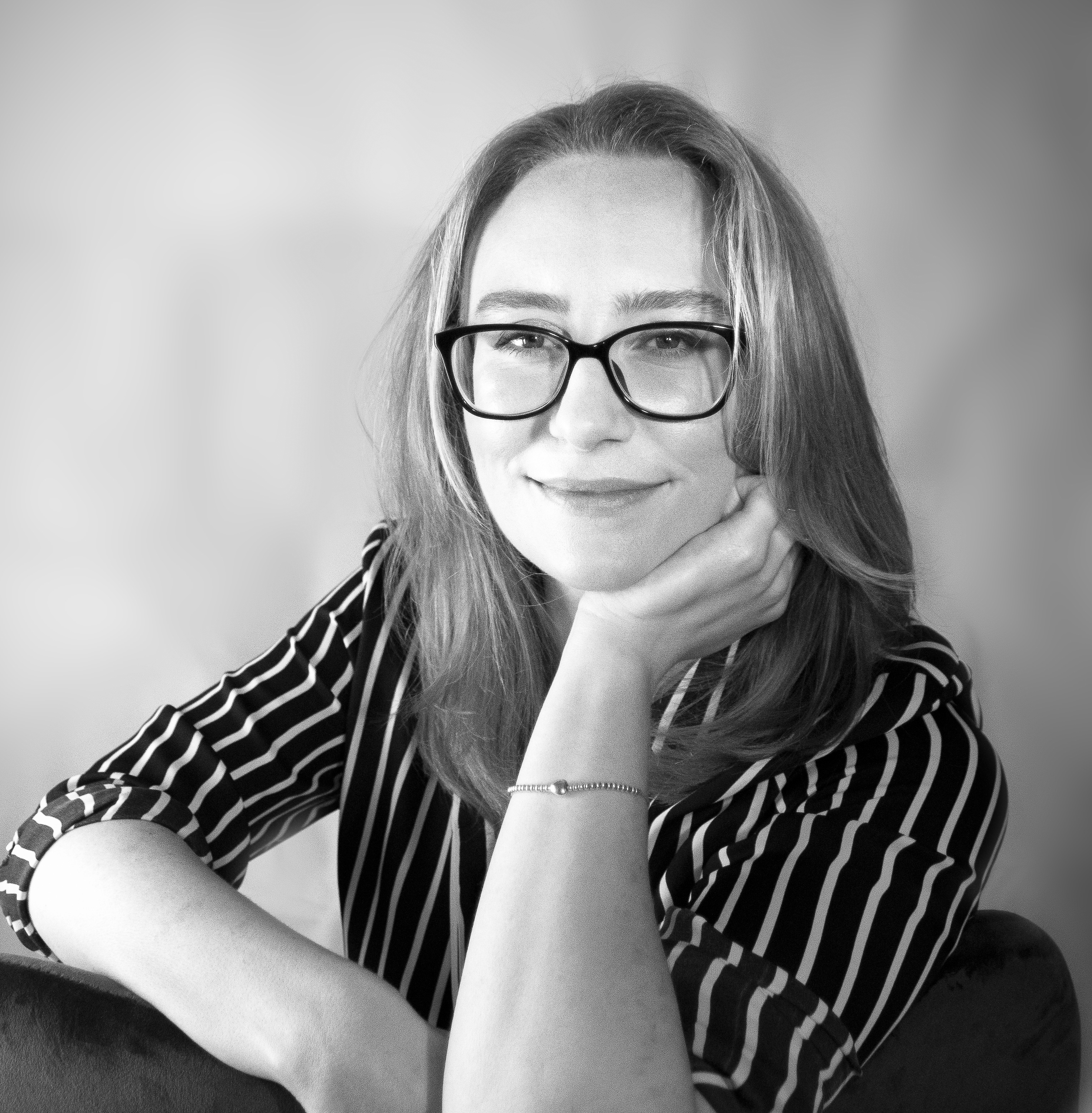
Robyn Mugridge
Frontiers
Robyn joined Frontiers in 2018, having previously worked for several other international publishers including Springer Nature and the NIHR Journals Library. In 2019 she established the Publishing Partnerships program at Frontiers, where her work now focuses on strategic collaborations with societies. Robyn is also the interim Co-Chair of the ALPSP Education Committee, and in her spare time, she enjoys writing her publishing blog www.MugsPubs.com and speaking publicly at publishing events. |
|
12:20
|
Lunch Break |
|
13:00
|
Disseminating research through the media@rachaelpells 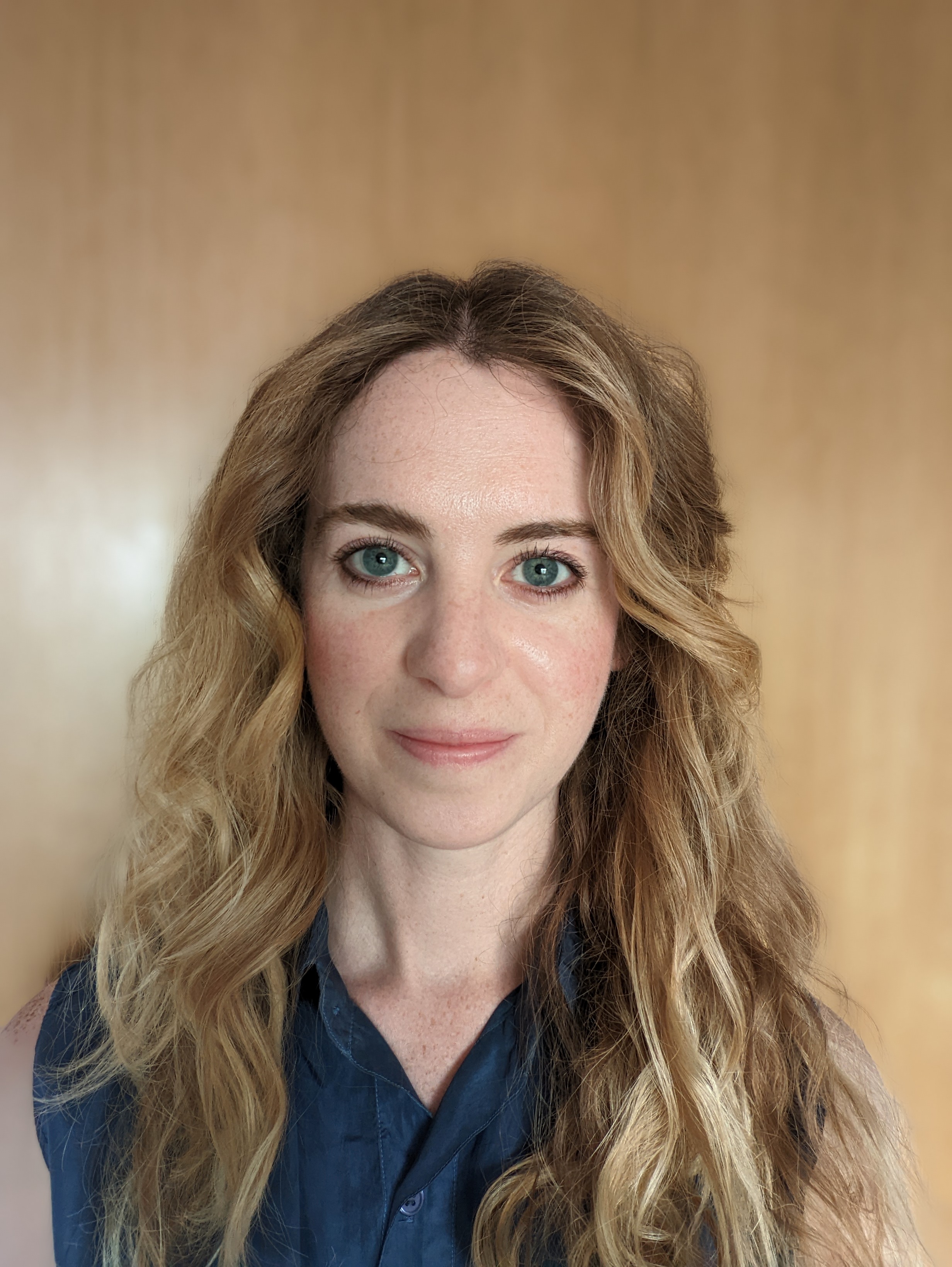
Rachael Pells
Rachael Pells is a freelance journalist who writes news articles and long-form features about science and research for a wide range of newspapers and magazines, online and in print. She was previously a reporter at Times Higher Education magazine, where she covered the research beat. Before that, Rachael worked for the Independent newspaper, and later the website. She has written two books: Plan S for Shock, a story about the campaign for open access research; and Genomics: How genome sequencing will change our lives, which was published by Penguin last year. |
|
13:25
|
Panel SessionHosted by Andy Tattersall, a panel session focussing on the key topics and discussions points.
Andy Tattersall
University of Sheffield

Claire Sewell
University of Cambridge
Claire Sewell is the Research Support Librarian for the Physical Sciences at the University of Cambridge. In this role she works to support researchers across a range of disciplines to comply with Open Research practices and ensure that their valuable work is available for others to build upon. Prior to this Claire worked to train library staff at Cambridge in research support to ensure that they were best placed to support the growing needs of the research community. 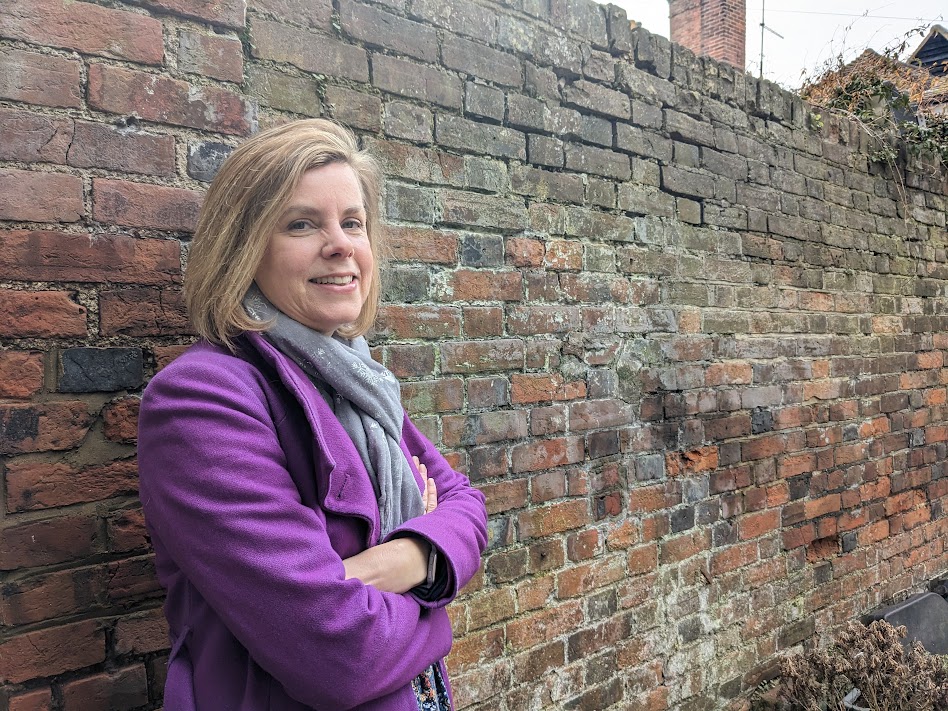
Jane Secker
City, University of London
Jane Secker is Senior Lecturer in Educational Development at City, University of London. She leads the modules related to digital education and digital literacies and is Programme Director of the Masters in Academic Practice. She is Chair of the CILIP Information Literacy Group and a member of the Copyright Advisory Panel which is a governance group of the UK’s Intellectual Property Office. 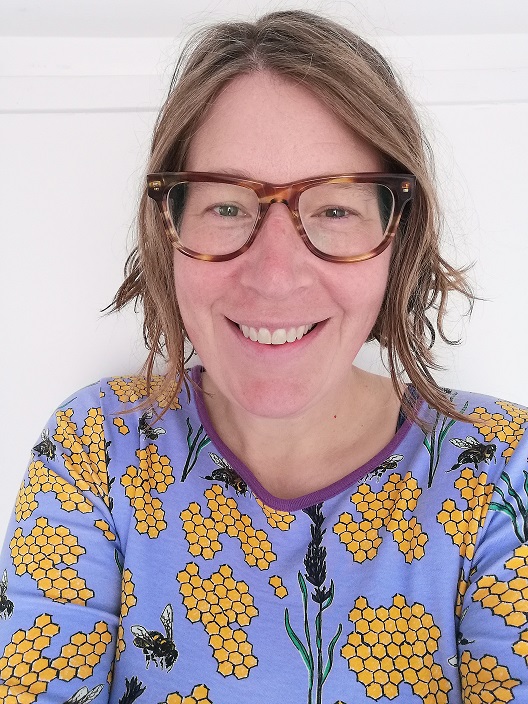
Katherine Stephan
Liverpool John Moores University
Katherine Stephan is the research engagement librarian at Liverpool John Moores University. She is responsible for organising library training related to research, outreach, engagement and publishing for all researchers at LJMU. She has a background in children’s librarianship and is a keen advocate of local libraries, open research and responsible research assessment. She is the librarian member of Think, Check, Submit (an initiative to help researchers identify trusted journals for their research); a member of the UKSG’s outreach and engagement committee; and a co-organiser of Open Research Week, a collaboration between LJMU, Edge Hill, Essex and Liverpool Universities.
|
|
14:00
|
Break |
|
14:15
|
Working with the media: a scientist's perspectiveThe thought of communicating research results to the media can be daunting for many academics, because it is not usually part of our training. Why should we do this and how can we do this effectively? How do we develop a media strategy, and prepare for media interviews? In this short presentation I'll provide an overview of some tips and tricks on media engagement that I've picked up during my career thus far, with a focus on the benefits to us as academics.
Maria McNamara
University College Cork
Maria is Professor of Palaeontology at the School of Biological, Earth and Environmental Sciences at University College Cork. Her primary research interests are in the field of soft tissue preservation in fossils, with particular focus on fossil colour and on feather evolution. She uses advanced microbeam and spectroscopic techniques to explore the ultrastructure and chemistry of soft tissues in fossils and their extant analogues, with a strong emphasis on taphonomic experiments to help bridge the gap between ancient and modern materials. Her current research on ancient biomolecules, including melanin and keratin, is supported in part by two ERC grants (Starting and Consolidator Grants). Maria is committed to public engagement to help diversify palaeontology and STEM more broadly and to inspire an appreciation of the natural world amongst the public. |
|
14:40
|
Publications, impact and media work - a research organisation perspectiveThe way government invests in research has changed significantly over recent years, demanding more evidence of research impact and a structured approach to evaluation is vital to making the case. Influencing government decisions through media engagement is also vital. This talk will cover how a research institute, working closely with the library team, used bibliometric data, research evaluation and media engagement to successfully make the case for a £90M investment and set the scene for a much bigger investment to follow.
Sara Fletcher
ISIS Neutron and Muon Source
Sara Fletcher is Head of Impact and Evaluation at the ISIS Neutron and Muon Source - a publicly funded research organisation. She is a professional science communicator with expertise in research impact and communicating with a wide range of stakeholder audiences, including government funders and the science media. |
|
15:05
|
Summary and Close
Andy Tattersall
University of Sheffield
|
Feedback
I really enjoyed this seminar was very worthwhile and energising, very good line up of speakers. Thank you for organising.
A really great seminar and well chaired by Andy and Manisha - thank you.
Registration
£ 65.00 + £ 13.00 VAT
UKSG Members
£ 77.00 + £ 15.40 VAT
UKSG Non-Members
NB: UKSG reserves the right to alter or vary the programme due to events or circumstances beyond its reasonable control without being obliged to refund monies.
Contact
General queries - events@uksg.org
Please take a look at our code of conduct
Cancellations
The closing date for cancellations is Friday 2nd June, after which date cancellations will not be eligible for a refund. Cancellation should be sent into writing to events@uksg.org. All registrants will be sent a link to a recording after the event.
The UKSG code of conduct can be found here and UKSG terms and conditions here
NB: UKSG reserves the right to alter or vary the programme due to events or circumstances beyond its reasonable control without being obliged to refund monies.
